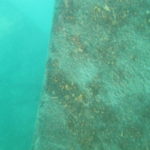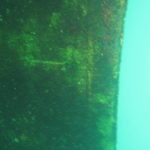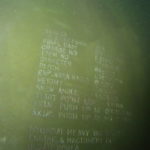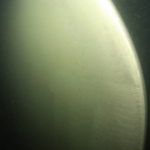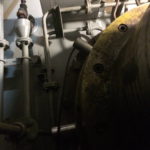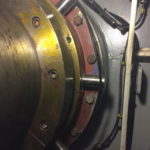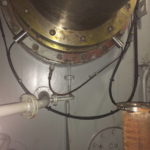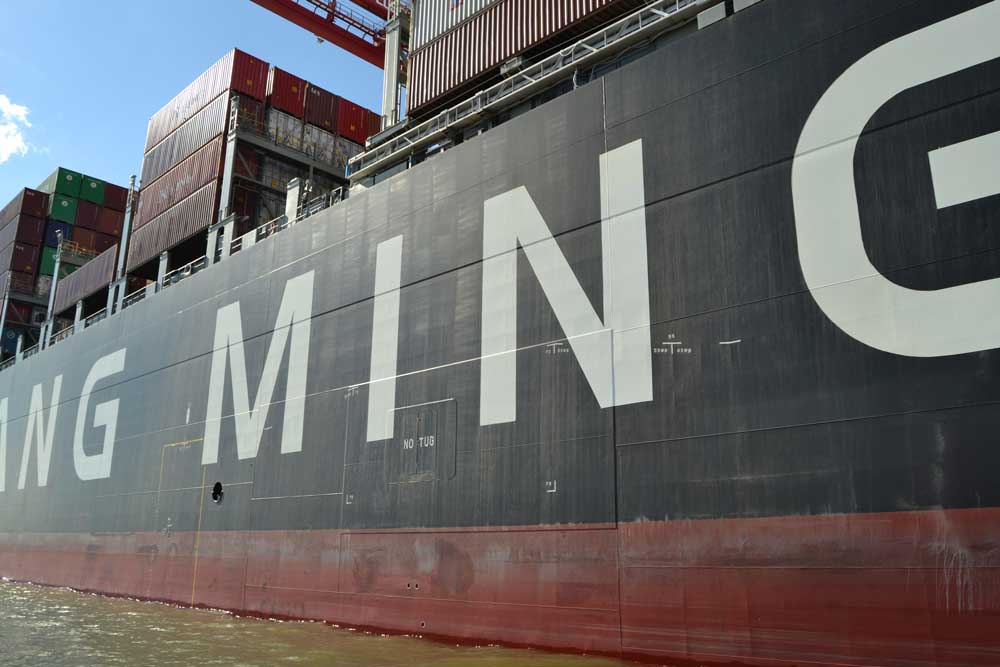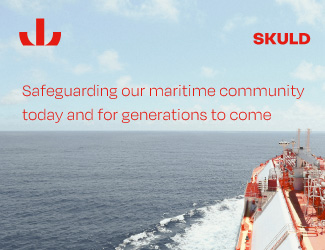When confronted with marine growth, a propeller’s efficiency can drop considerably. In order to avoid the formation of biofilm, German Hasytec Group has developed a »Dynamic Biofilm Protection« system
It is a marine growth preventing system developed and produced in Germany which avoids the formation of biofilm, the initial[ds_preview] step of all kinds of marine growth and fouling.
The efficiency of a vessel’s propeller which is confronted with a layer of marine growth drops by 1,5% up to 5% after approximately six months, even if the vessel is operated and not being laid up for a longer period. As a result, fuel consumption is increased, leading to a higher impact on the environment. Hasytec designed its system to protect liquid carrying surfaces against biofilm and therefore against marine growth and fouling.
Biofilm does not occur during operation of the propeller. »When the propeller is not in operation as for example at anchorage, in port or during being idle for any reason, the biofilm starts building up immediately after seconds,« the company’s experts say. After a short period of time, the biofilm layer shows a thickness which can’t be wiped off anymore through propeller operation only. Divers’ cleaning operation becomes necessary after a while.
Hasytec relies on the ultrasonic based »Hasytec BDP«, which emits ultrasonic waves carried throughout the stern tube sealing into the prop shaft and along this way into the prop blades. On the blades and even on the rope guard the ultrasound is transmitted to prevent biofilm in its initial steps, keeping the surfaces free of fouling and marine growth permanently.
The transducers are installed in a circular arrangement on the forward stern tube sealing. Same as on all other DBP installations, the transducers are glued metal to metal and get connected with high quality plugs and protected, shielded cables to the modular control unit.
To ease the operation, the system can and shall be switched on permanently. According to the developer, the DBP has already proved its efficiency in 2017 on different kinds of vessels. »By using DBP, propeller cleaning isn’t required anymore and the vessel’s fuel consumption is not impacted by the propeller on a general base,« it is said, adding »as the costs for an installation are very reasonable, the return will be after six to twelve months.«




